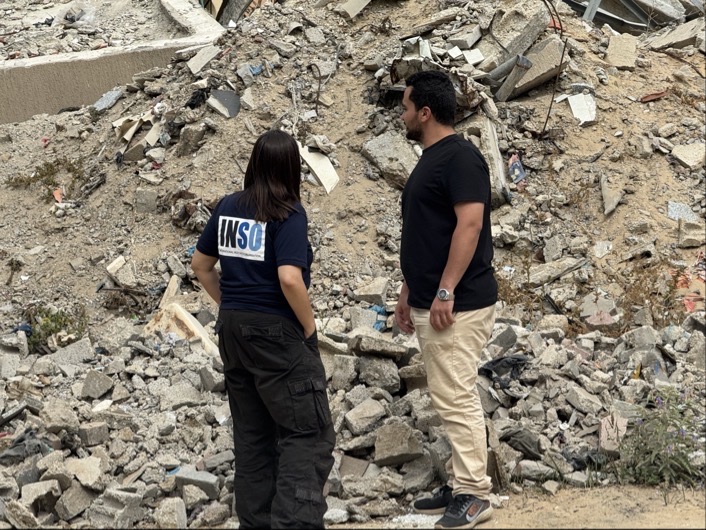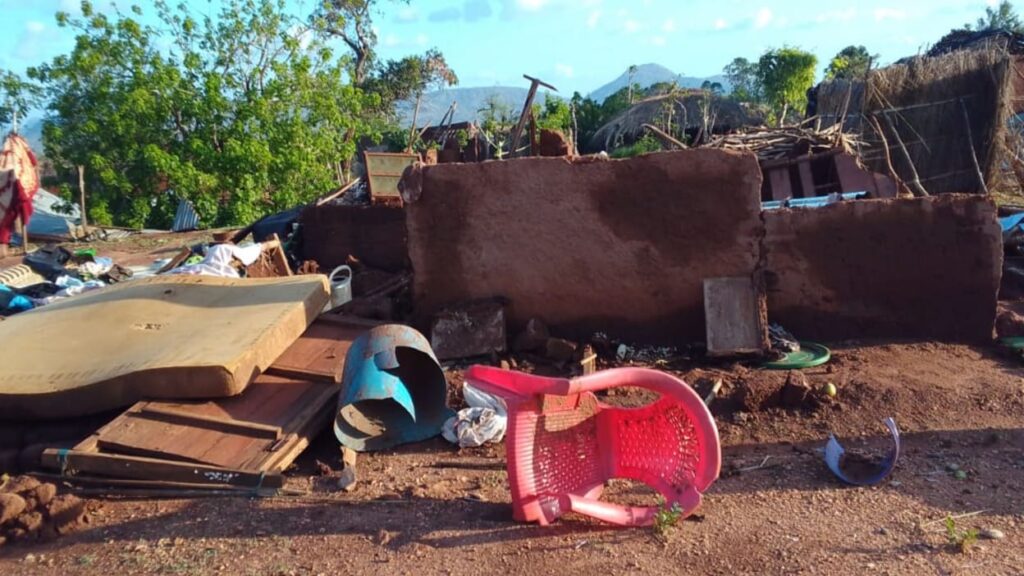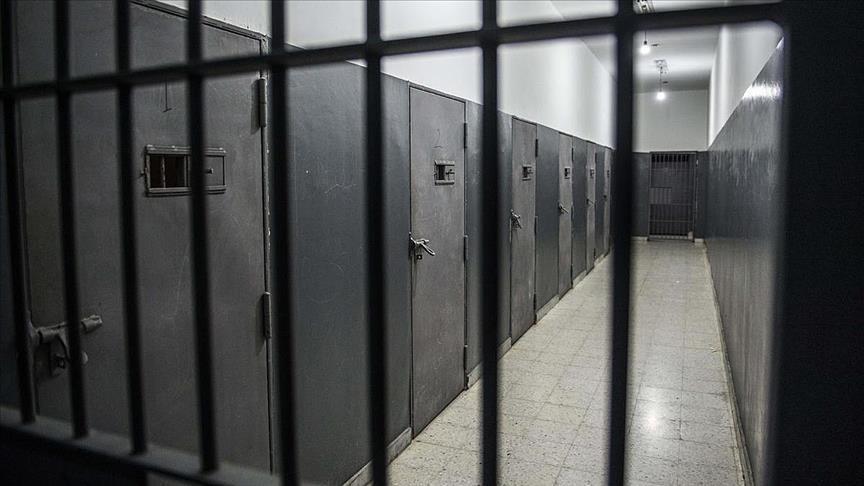
A sharp rise in attacks by Boko Haram and its splinter group, ISWAP, in Nigeria’s northeast has raised concerns of a major jihadist comeback, with militants now employing more advanced tactics such as armed drones and explosive devices on major roads, according to security experts.
In recent days, at least 22 people were killed in raids across Adamawa and Borno states, while 26 more died on Monday when an explosive device detonated on two vehicles in Borno. The attacks are part of a larger wave of jihadist violence that has claimed dozens of lives since January.
In Borno state, the epicenter of the insurgency for over 15 years, Governor Babagana Zulum warned that militants were gaining ground, with little resistance from the Nigerian military.
Security experts attribute the surge to a break in the infighting between Boko Haram and ISWAP, combined with the groups’ adoption of more sophisticated technology, including drones. “Both groups have become bolder, and we’ve seen the use of more advanced technology,” said James Barnett, a fellow at the Hudson Institute.
The use of armed drones points to increased support from the Islamic State, analysts believe. Last month, insurgents used drones to attack a military outpost near the Cameroonian border, killing several soldiers.
Vincent Foucher, a researcher at the French National Centre for Scientific Research, noted reports that Islamic State advisers have been deployed to assist ISWAP fighters. “The use of drones, explosives, and large-scale attacks could be the result of tactical guidance from Islamic State,” Foucher explained.
Since their split in 2016, Boko Haram and ISWAP had been in fierce conflict, but Foucher indicated that their focus has shifted from infighting to carrying out coordinated attacks. “They are less occupied with fighting each other, which gives them more time to carry out attacks.”
Governor Zulum added that militants were regrouping in the Lake Chad area and Sambisa hills, regions near the Cameroonian border that have long been associated with insurgent activity.
The Nigerian military did not respond to a request for comment.
Malik Samuel, a senior researcher at Good Governance Africa, noted that jihadist groups have repeatedly demonstrated their ability to adapt to military strategies. “This resurgence reflects past patterns, where militants take the fight to the military rather than waiting to be attacked,” Samuel said.




